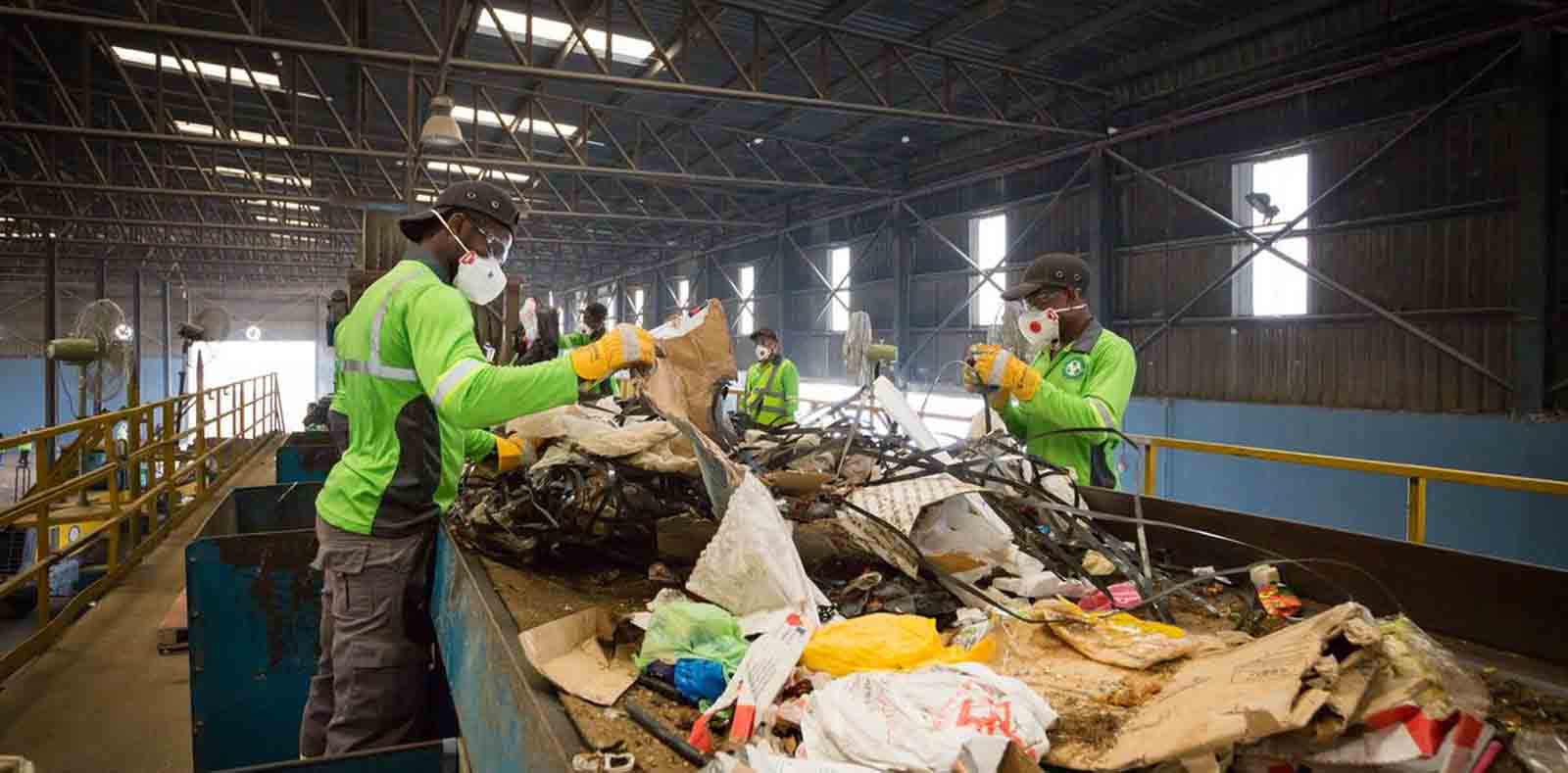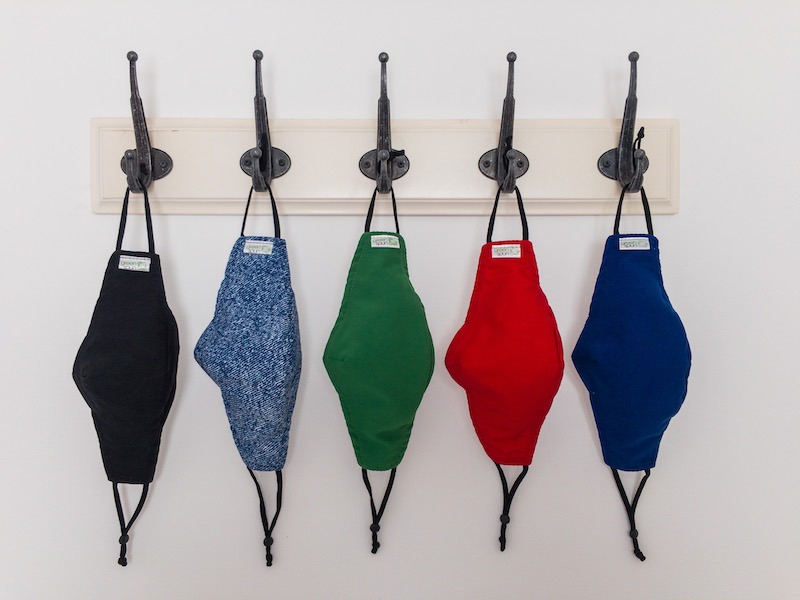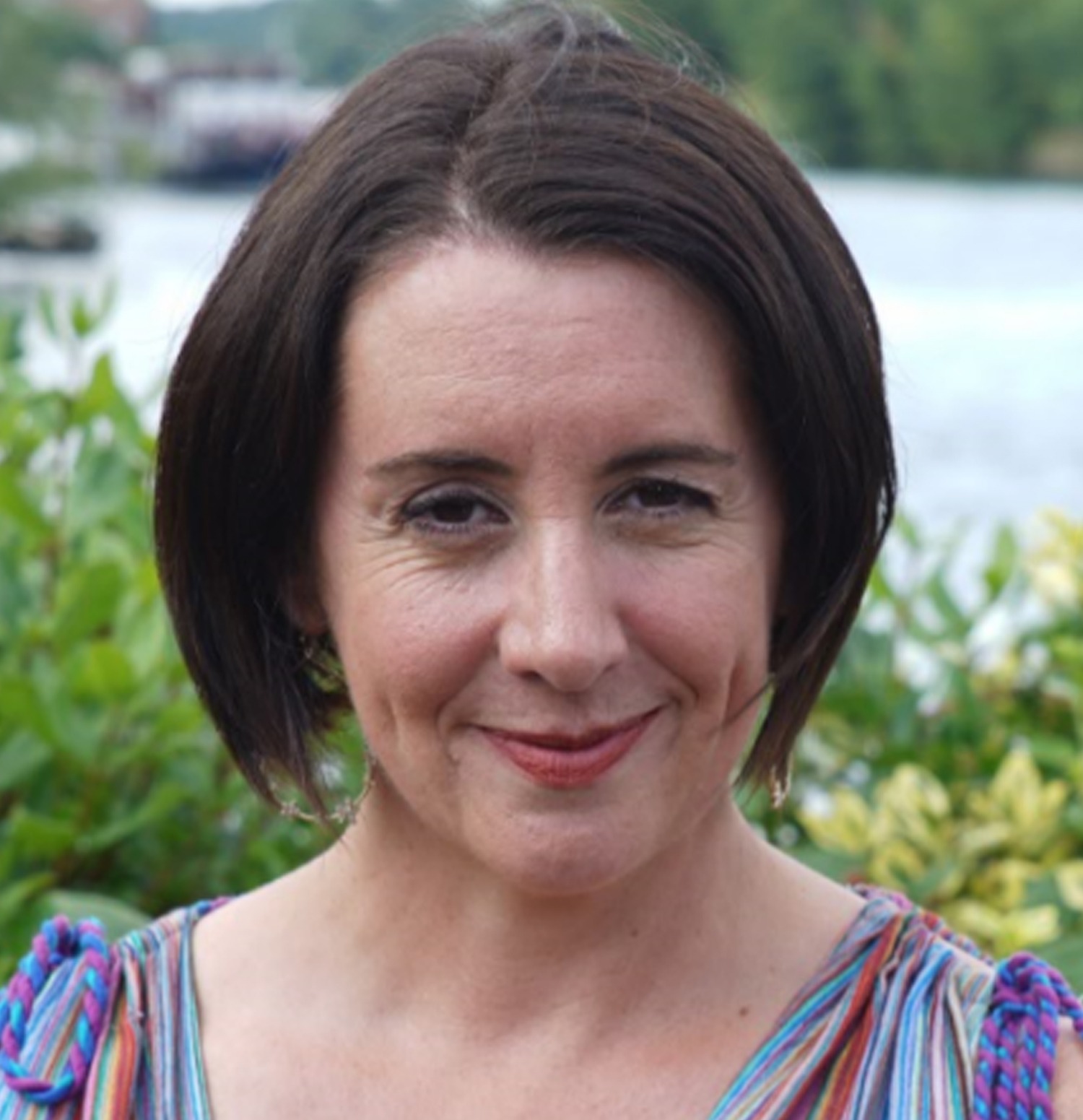Plastic Fantastic
Education

February 17, 2020, 12:20 pm
Every January students at NYUAD embark on local and global academic travels for a distinctive learning experience known as the January Term or J-Term. This year, NYUAD students are learning about the use of plastic and its alternatives for maintaining sustainability through a course titled Plastic Fantastic, which taught by Assistant Professor of Practice Design at NYU Abu Dhabi Felix Hardmood Beck in the Philippines and the UAE.
We spoke to Felix about the course, what the students are learning, and the global plastic problem.
- What is the Plastic Fantastic course, and what will it entail?
The course Plastic Fantastic looks critically at plastic’s ubiquity in global consumer cultures. The two main questions of this course are, first, what would a world without plastic look like, and, second, how does the world look because of it? Students are considering plastic’s predecessors and contemporary alternatives and engage with a range of topics, from the environmental politics of plastic debris in oceans, to the ethics and values of todays consume culture, to the proliferation of cheap plastic toys and fashion trends. Based on these discussions, and inspired by the original meaning of the Greek term plastikos (to grow, to form), the students are developing and creating a product using recycled plastic waste in NYUAD’s Plastic Recycling Research Lab. In collaboration with the Abu Dhabi Environment Agency the final projects will be shown in an exhibition.
- Why was the Philippines chosen as one of the locations for the course?
During earlier research trips and project collaborations with informal communities on the Philippines, Prof Felix Beck had established good relations with a team in Manila. A local NGO acts as direct contact to enable the NYUAD students to visit places that would be difficult to visit under normal circumstances in only a short amount of time: Those places range from cultural sites to illegal landfills, from plastic recycling sites with harsh working conditions to companies that use alternative materials like waterlilies for their products. The trip also includes the interaction with pupils of a primary school located in Baseco (Tondo district; an area with an informal community built on a former trash site), or with students from the Philippines University. The goal is to learn from the community members, and to discuss perspectives on the relating topics. Students will understand that waste management and specially the impact of plastic in the environment is very complex.
- The plastic crisis is a problem that is continuously increasing in importance through the growing awareness of the public. How will the course increase the knowledge and mindfulness of the students in regards to single-use plastic?
The course looks at the entire spectrum of plastic. Several site visits are embedded into the curriculum that represent stages of production, use, recycling, or the terminal end-up in our oceans. From its origins in the oil industry – we visited Borouge, a daughter of Abu Dhabi’s National Oil company ADNOC and the UAE’s leading company in the production of plastic pallets, to the visit of a landfill in the emirate of Dubai, and the active participation at a cleanup activity in the desert, and at a local beach observing hundred thousands of spilled plastic pallets from the local industry. The students see and learn about the pros and cons of single use plastic and get direct insights about the material by working in NYUAD’s Plastic Recycling Lab. The lab is located at the universities waste management site, where a majority of plastic is sorted by the facility management SERCO. By using shredded bottle caps being collected on campus as a raw material for their products, students learn about the challenges and opportunities of recycling.
- Are you noticing an increase in the demand for courses such as this one from the students in NYUAD?
Yes, I think it needs more courses that ask the big questions of our times. The Plastic Fantastic course is part of NYUAD’s Core Curriculum. The Core draws on the diversity and cultural wealth of the world’s traditions and spans the content and methodologies of 21st-century disciplines across the Arts and Humanities, Engineering, Science, and Social Science. It offers Core Competencies that will help graduates address major global challenges, including the pursuit of equality, justice, peace, health, sustainability, and a rich understanding of humanity. It fosters modes of thinking and habits of mind central to well-rounded intellectual development and to global citizenship and leadership.
- In your opinion, how can plastic be managed sustainably and what do you think the future alternatives will be, especially in regards to single-use plastic in the food and beverage industry?
Without plastic today’s global society cannot exist, and just from the material perspective plastic is a fantastic material. The problem is that it is wrongly handled. I think what we need are better designed products and services that lead away from a throw-away culture. The driver for this has to be the consumer.
- What key objectives have been set for the course, and how will they contribute to the UAE’s sustainability agendas?
Students in the course will learn to develop analytical and critical thinking skills and be trained in problem analysis and concept development. As the project contains practical components, students will also be trained in the use of several low-cost plastic recycling machines like plastic shredder, injection or extruder. At the end of this course, students will…
- Have articulated ways in which plastic creation and consumption relates to major ethical issues of our time,
- Have discussed ways of rising awareness on the global impact of plastic waste on ecosystems,
- Have a basic understanding on waste management and plastic recycling,
- Value plastic as a precious and not as a one-time-use/throw-away material.









